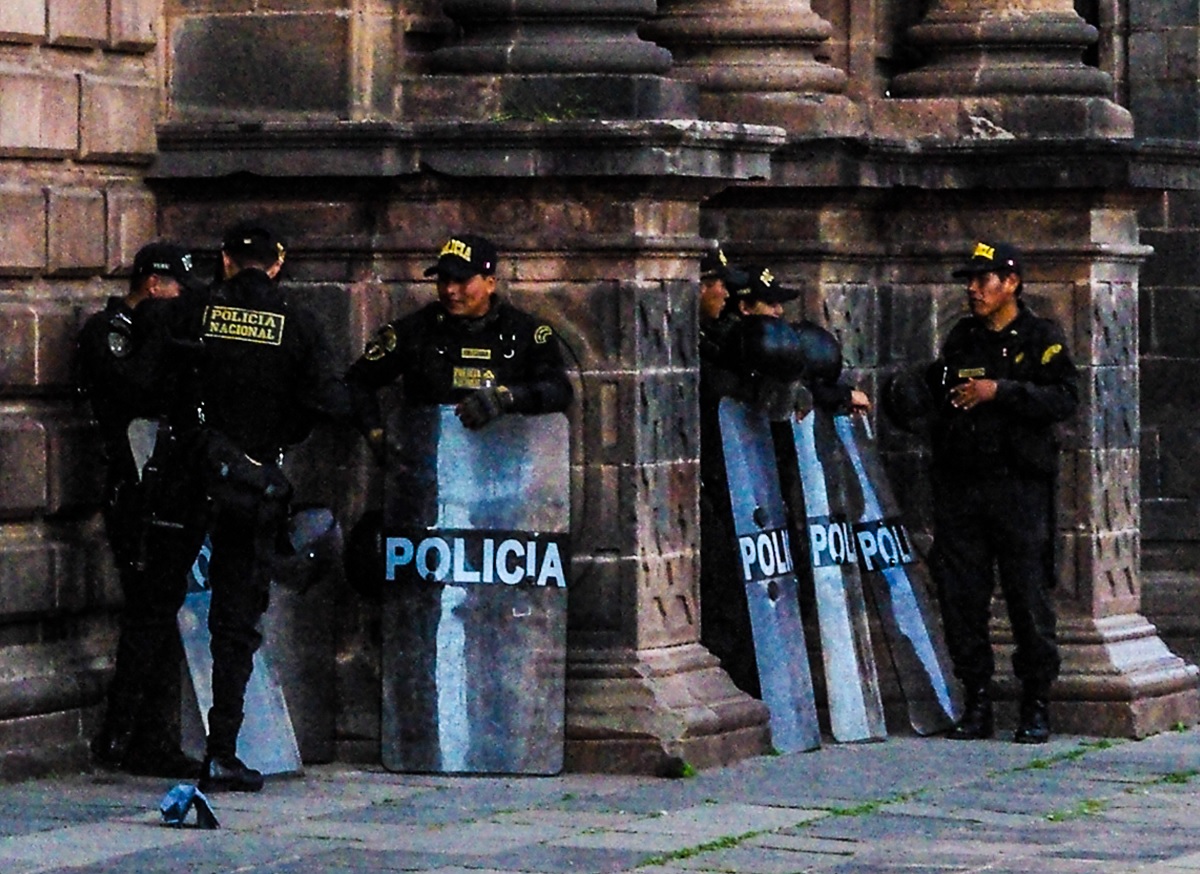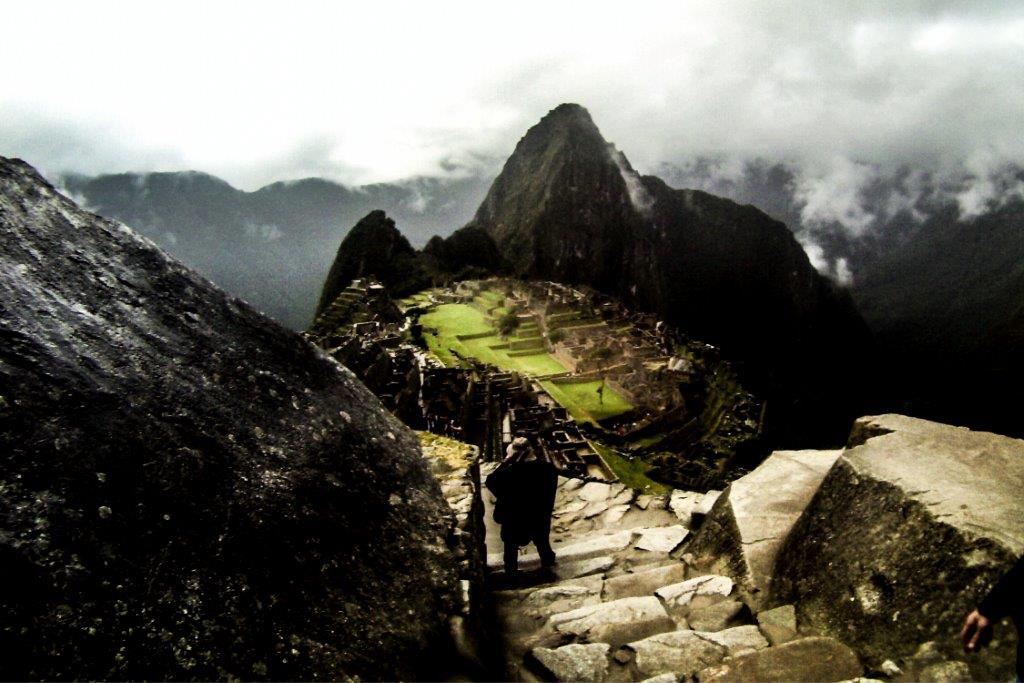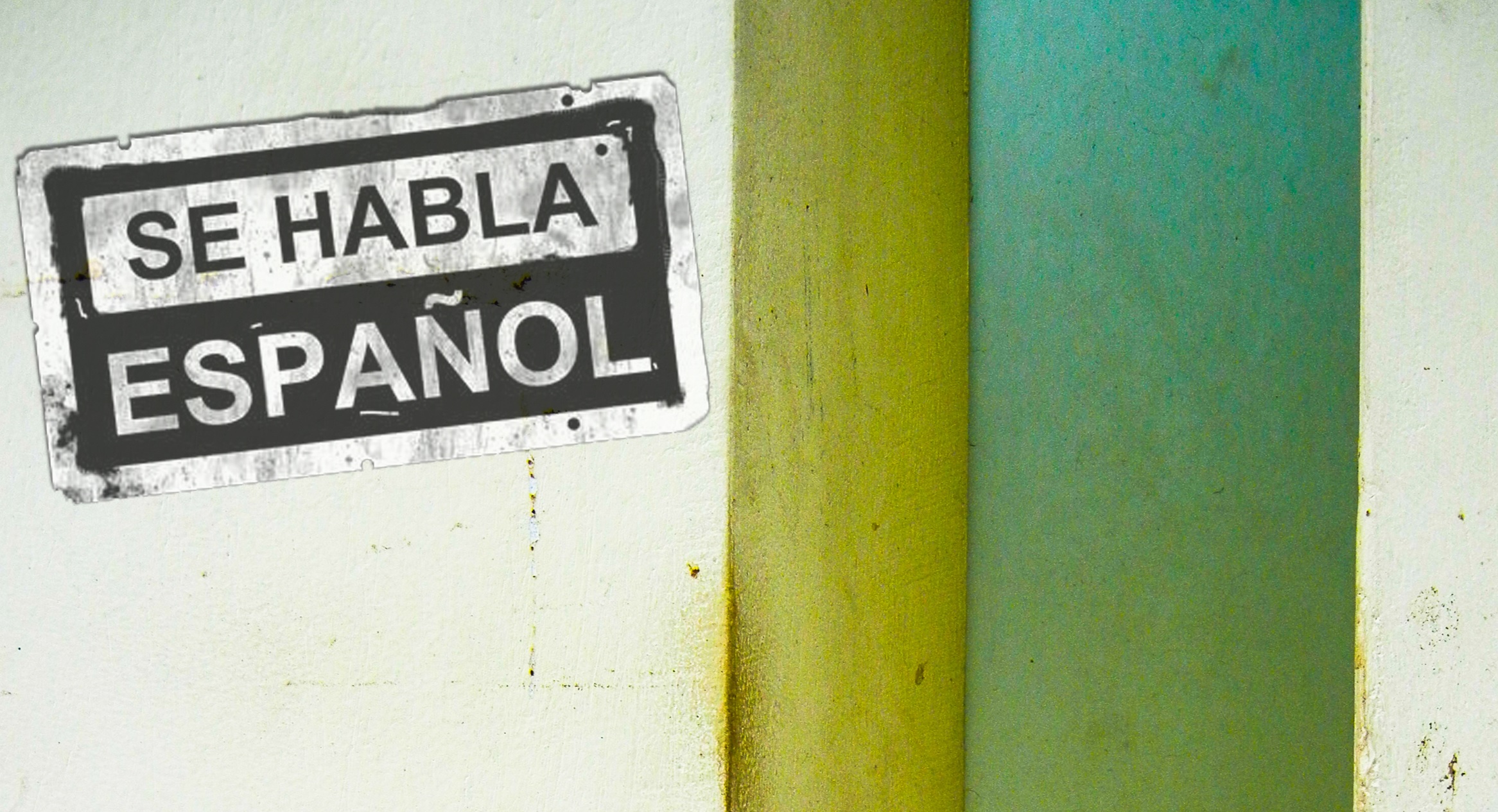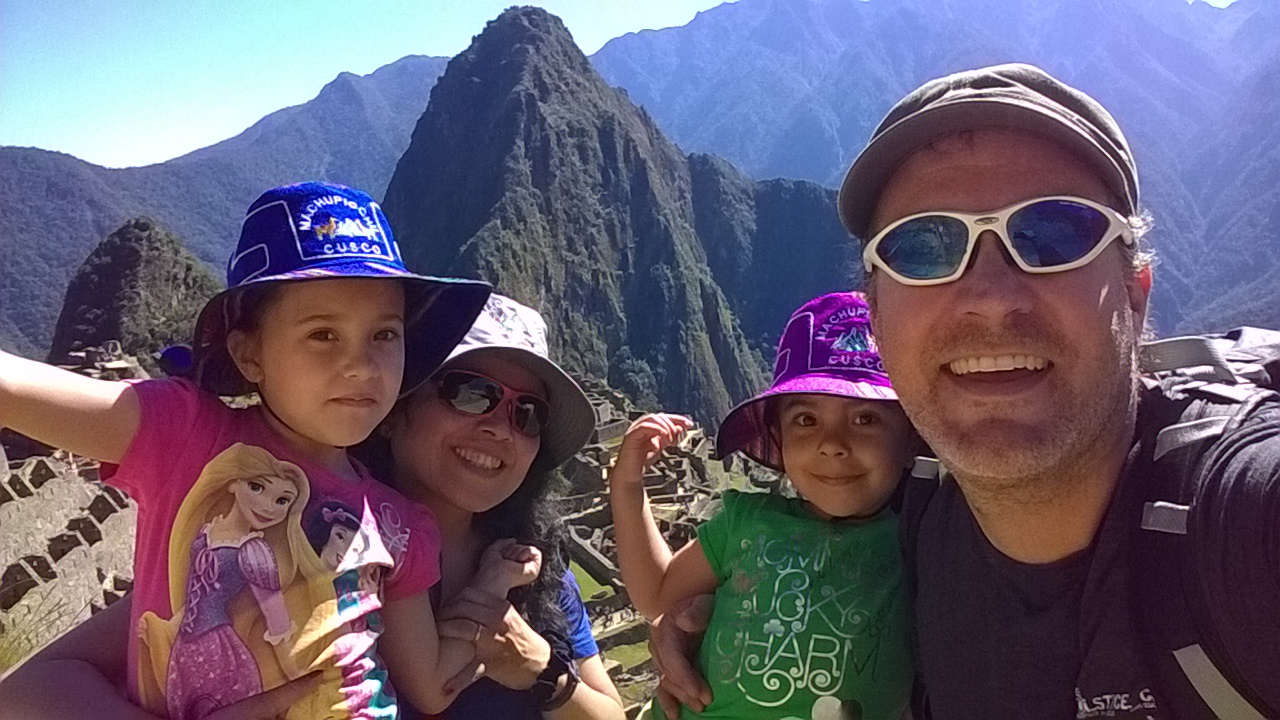“The liberty of a democracy is not safe if the people tolerate the growth of private power to a point where it becomes stronger than the democratic state itself.”–FDR
It is widely accepted that the government, any government, is not your friend. The founding fathers of the United States were so fearful of concentrating power that their first effort, the Articles of Confederation, resulted in a governing body so weak that it wasn’t fit to fulfill the basic requirements for which it was conceived. That was actually a good thing because the failed Articles of Confederation established the baseline for the smallest/weakest functional government.
The second effort by the founding fathers was the US Constitution, and their solution for diluting the necessary power a government must wield was to divide that power into three branches: the executive, the legislative, and the judicial. The idea being that these three branches would keep an eye on each other, and prevent any one of the three from becoming a tool of tyranny.
Today, there still remain echoes of the cry to shrink the size and power of our central government.
“The government is overstepping!”
“They’re going to take away our rights!”
“These are not problems the government should have the authority to solve!”
The purveying belief seems to be that if we limit the power of our government, we will somehow become “safe” from the abuse of power. As if power can be destroyed. As if our government is the only area of concern we have to consider.
This is a fatal misconception.
Power cannot be destroyed, nor can abuse of power. The best you can hope for is to dilute power over as wide an area as possible in the hope that nobody can acquire enough to become catastrophically dangerous. It’s a clumsy solution but the best that has been enacted so far.
I saw an eye opening example of power dilution when I lived in Peru. People thought me reckless for residing in a place they deemed unsafe. Though it is true that Peru does not spend as much money on a police force as can be found in the States, my response was simple.
“I’ve lost more money to police in the US than to criminals while living abroad.”
Usually, when faced with that reality, people don’t know how to respond. For my part, I’d much rather deal with the occasional pick-pocket rather than have a state trooper follow me home from work in my vehicle every day. A more obvious police force reduces the number of criminals, but if there is an excessive police force, common citizens have to worry about being regarded as “criminals” themselves. In Peru, police are too busy going after actual criminals to pull you over for a busted tail light for example.
It is a matter of balance. Perhaps some places in the world allow lawlessness to fester but it can be argued that this is in exchange for greater freedom. I know this to be a fact as I have lived in Peru where police were less prevalent and I preferred it. I prefer the modest danger of freedom to a completely safe police state. Peru represents a good baseline for the size of police force I prefer.
Private citizens are right to be concerned about police, but if they are threatened they call for them. This is a natural balance and is true for the government as well. People cry the government is “overreaching,” but when the government is made weaker, who do citizens turn to for protection? Obviously there is a point of balance between extreme scenarios where both local police, and federal government make sense. Saying that “the government and the police should be weak” as a matter of philosophy is absurd. When voices cry to dismantle the state provided security, they are also dulling a saber that has been forged for the protection of the vulnerable.
Ask yourself whom this action serves.
Our government is pledged to defend citizens from threats both foreign and domestic, and among the domestic are our fellow citizens. Even in a free market, anti-trust laws are necessary because there are always those that will seek an unfair or illegal advantage that will corrupt the system.
There was a time when government curbed the power of private citizens in the form of wealth control. Under Eisenhower there was a 92% tax rate on earnings over $400,000. Why? Because wealth is power. A lunatic billionaire can unleash a wave of economic terrorism as devastating as any physical attack. When currencies collapse, or people lose their life savings because of irresponsible market manipulation, it is catastrophic to a society.
Since Eisenhower, tax rates have been cut and government has allowed an extreme class wielding wealth power to come into existence. Make no mistake, this class is a social creation and does not represent (in all cases) an earned achievement. Those who wield wealth have figured out ways to turn financial power into political influence. The Citizens United case, to put it indelicately, made it legal for elected officials in the US to be bribed. They don’t even have to hide it anymore.
Contained within the American dream is not the promise of uncapped wealth. Currency is a tool of the government to promote commerce. It makes no sense for a handful of individuals to be allowed to control all the capital. Capital functions when it flows, and hoarding only provokes the necessity of printing more money. When new dollars are created, the value of all currency is eroded and only those at the very top do not feel this pinch. Most people can agree that, just as a practical matter, there must be a hypothetical cap put in place to prevent a single individual from controlling all the funds of a nation. The debate is where this cap should exist between the extremes of absolute wealth and absolute poverty.
A nation with an improper balance of wealth power is in danger of capsizing due to the corruption or artificial elimination of normal market corrections. Consider that our banking industry recently received a bail-out funded by tax-payer money. As a small-business owner, I know better than to beg the government to erase my bad decisions. However, there exists a wealth class of individuals who have predominantly inherited billions of dollars without needing to have developed the prerequisite responsibility or skills to go along with that great wealth power. In a free market system, their incompetence should lead to their ruin and the redistribution of that wealth. However, their power of influence and wealth means that the rules are broken and they are “bailed out” by the true, hard working people, and, even worse, they are free to continue in their position of power and make further detrimental and incompetent decisions that “trickle down” to affect everybody.
To put it simply: you work for thirty years to build a pension, then some rich kid with a billion dollar trust fund ruins our market, kills your investment, and is bailed out by the government while you lose everything. You go back to work, the rich kid goes back to Mar-a-Lago.
Perhaps it is time to consider whether our system of checks and balances has been eroded due to too great a consolidation of power in the hands of private citizens in the form of wealth. Have the private citizens we’ve allowed to accumulate vast stores of cash, whom we have supported in times of stress with our dollars, acquired so much power that the voice of common, working class people is no longer audible? What will happen when policy is enacted for the sole purpose of growing individual, private wealth for a chosen few rather than the collective prosperity of the nation?
It doesn’t sound like freedom.
The next time you cast a vote in favor of creating an artificial class of the super wealthy, consider these objections. Then again, the problem of wealth power, like the problem of climate change, may have already gathered too much momentum to be stopped.






